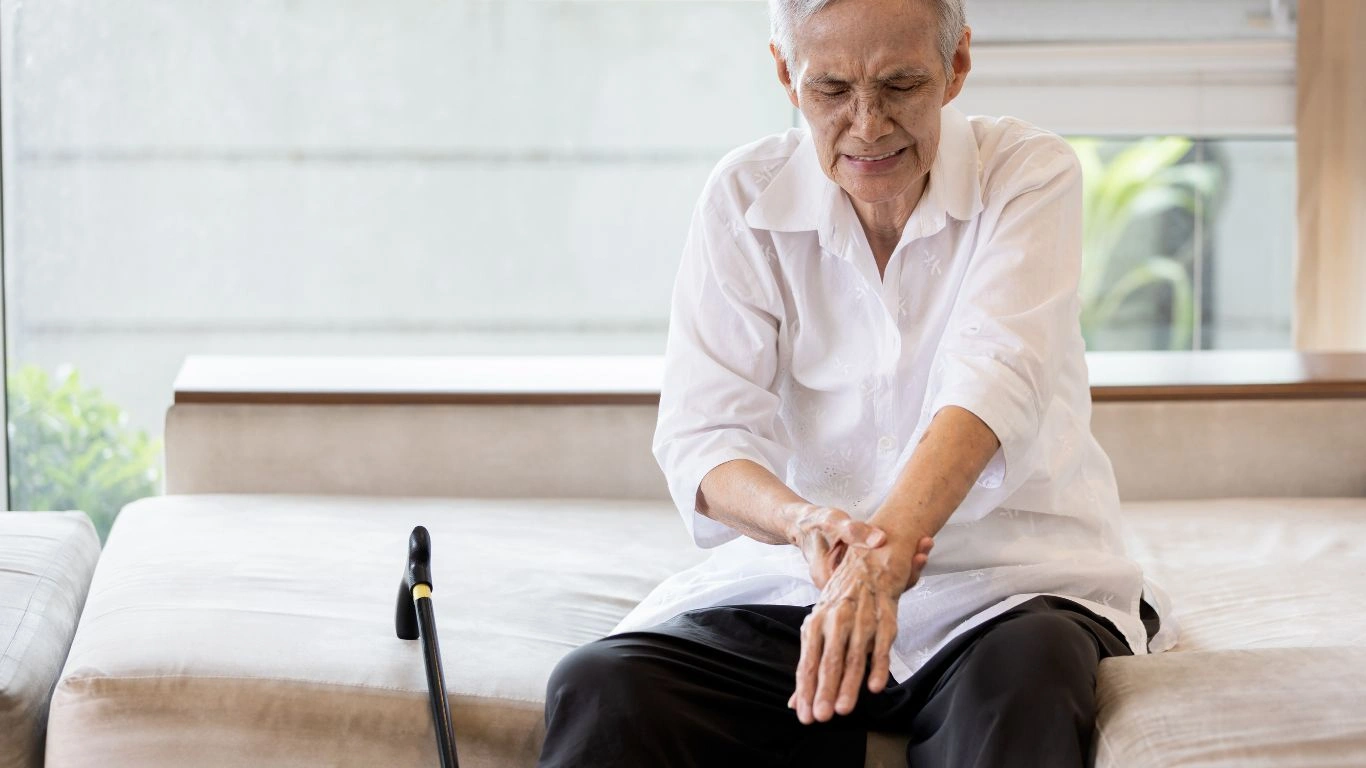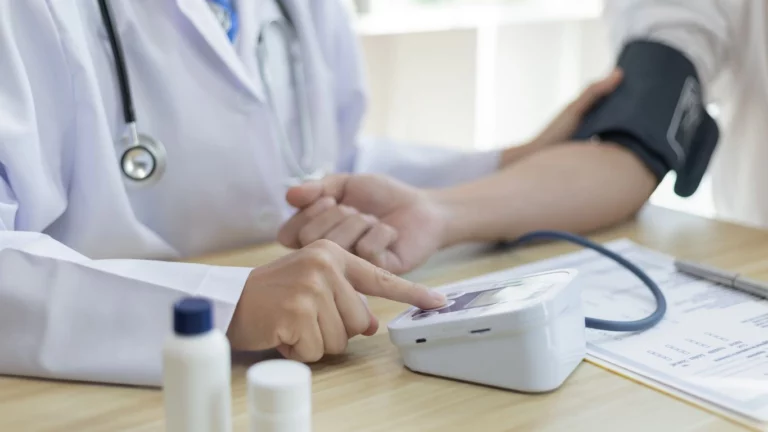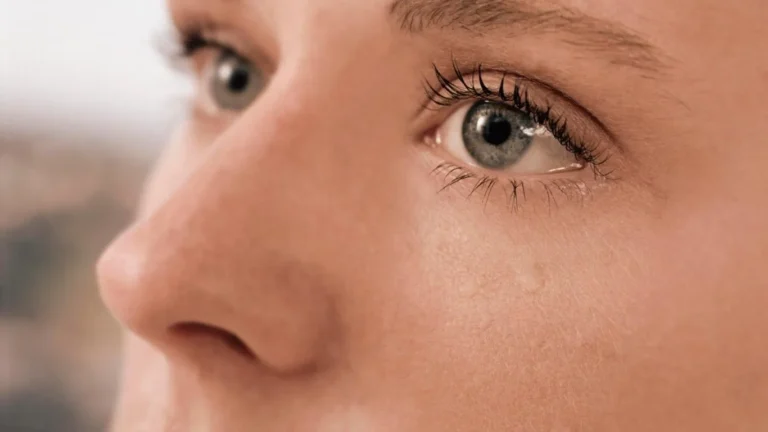The Connection Between Rheumatoid Arthritis and Fatigue – Everything You Need to Know
Struggling with fatigue while managing rheumatoid arthritis (RA)? You’re not alone. Many people with RA experience extreme tiredness that goes beyond just feeling sleepy. Let’s dive into the connection between RA and fatigue and explore how it all fits together.
Rheumatoid arthritis (RA) is an autoimmune condition that causes inflammation in your joints. But did you know that one of the most common yet least talked-about symptoms of RA is fatigue? It’s a feeling that can hit even on your good days, leaving you drained and sometimes unable to do much else. So, what’s really going on here? How does RA lead to fatigue? Let’s break it down!

What is Rheumatoid Arthritis?
Before diving into the whole fatigue thing, it’s important to understand what RA actually is. RA is a chronic autoimmune disorder where the body’s immune system mistakenly attacks the synovium, the lining of your joints. This causes inflammation, pain, stiffness, and eventually can lead to joint damage. It’s more than just achy joints—it affects your whole body.
How Does RA Cause Fatigue?
Now, here’s where things get tricky. Fatigue in RA is often not just about a lack of sleep. It’s a more complex feeling that can be caused by several factors:
1. Chronic Inflammation
One of the main reasons for fatigue in RA is the constant inflammation. The body’s immune system is constantly working overtime to fight the supposed “invaders,” which can lead to a feeling of overall exhaustion. This persistent inflammatory response consumes a lot of energy, leaving your body feeling drained even if you haven’t done much physically.

2. Pain and Discomfort
Living with joint pain and discomfort means your body is constantly in a state of stress. This stress takes a toll on your energy levels, making you feel tired all the time. Plus, the pain can make it hard to sleep well, which then compounds your fatigue.
3. Medications
Some of the medications used to manage RA, like methotrexate or biologics, can have side effects, including fatigue. While they help control inflammation and pain, the drugs themselves might leave you feeling more drained.
4. Poor Sleep
RA can interfere with your sleep because of pain, stiffness, or even medication side effects. Poor sleep cycles mean your body doesn’t get the rest it needs to recharge, which can leave you feeling like you’re running on empty.
5. Decreased Activity Levels
When you’re in pain or feeling stiff, staying active can be challenging. But not moving enough can actually make your fatigue worse. Physical activity can boost energy levels and improve your overall mood, so it’s a bit of a catch-22 when you’re too tired or stiff to move.

Is Fatigue the Same for Everyone with RA?
Not exactly. Fatigue in RA can vary a lot from person to person. Some people experience mild tiredness, while others may feel completely wiped out even after a good night’s sleep. The level of fatigue can also fluctuate throughout the day. You might feel fine in the morning, but by afternoon, you’re ready to crash. It all depends on how severe your RA symptoms are and how your body is responding to treatment.
How to Manage Fatigue with RA
If you’re living with RA and chronic fatigue, you’re probably wondering how to deal with it. Here are some strategies to help you manage both RA symptoms and fatigue:
1. Prioritize Rest
Listen to your body and take breaks when needed. You don’t have to push through the exhaustion. Resting isn’t a sign of weakness; it’s a necessary part of managing RA. Take naps if needed, and aim for quality sleep at night.
2. Exercise Regularly
I know it sounds counterintuitive, but getting regular, gentle exercise can actually help reduce fatigue over time. Low-impact activities like swimming, yoga, or walking can help keep your joints flexible and may increase your energy.
3. Balanced Diet
Eating a healthy diet is crucial when managing RA. Focus on anti-inflammatory foods like fruits, vegetables, whole grains, and lean proteins. Avoiding foods that trigger inflammation (like processed foods) can help reduce both joint pain and fatigue.
4. Stay Hydrated
Dehydration can make fatigue worse, so be sure to drink plenty of water throughout the day. It can also help with reducing joint stiffness.
5. Work with Your Doctor on Medications
If you’re feeling unusually fatigued, it might be time to talk to your doctor about your medications. They can adjust doses or recommend treatments to help manage both RA symptoms and fatigue better.
6. Mindfulness and Stress Management
Chronic stress can exacerbate both RA and fatigue. Practicing mindfulness, meditation, or deep breathing exercises can help reduce stress and promote relaxation, which can combat that overall tired feeling.

When to See a Doctor About Fatigue
If your fatigue seems out of control or if it’s interfering with your ability to function, it’s time to talk to your doctor. Your fatigue could be a sign that your RA is not well-managed or that another underlying condition is contributing to your tiredness. A blood test or other diagnostic tools can help identify if something else is going on, like anemia or thyroid issues.

Tarra Nugroho is a dedicated Nurse Practitioner with a strong foundation in family and preventive care. She brings both compassion and clinical expertise to her practice, focusing on patient-centered care and health education. As a contributor to Healthusias.com, Tarra translates medical knowledge into clear, empowering articles on topics like women’s health, chronic disease management, and lifestyle medicine. Her mission is simple: help people feel seen, heard, and informed—both in the clinic and through the content she creates. When she’s not caring for patients, Tarra enjoys weekend hikes, plant-based cooking, and curling up with a good health podcast.






